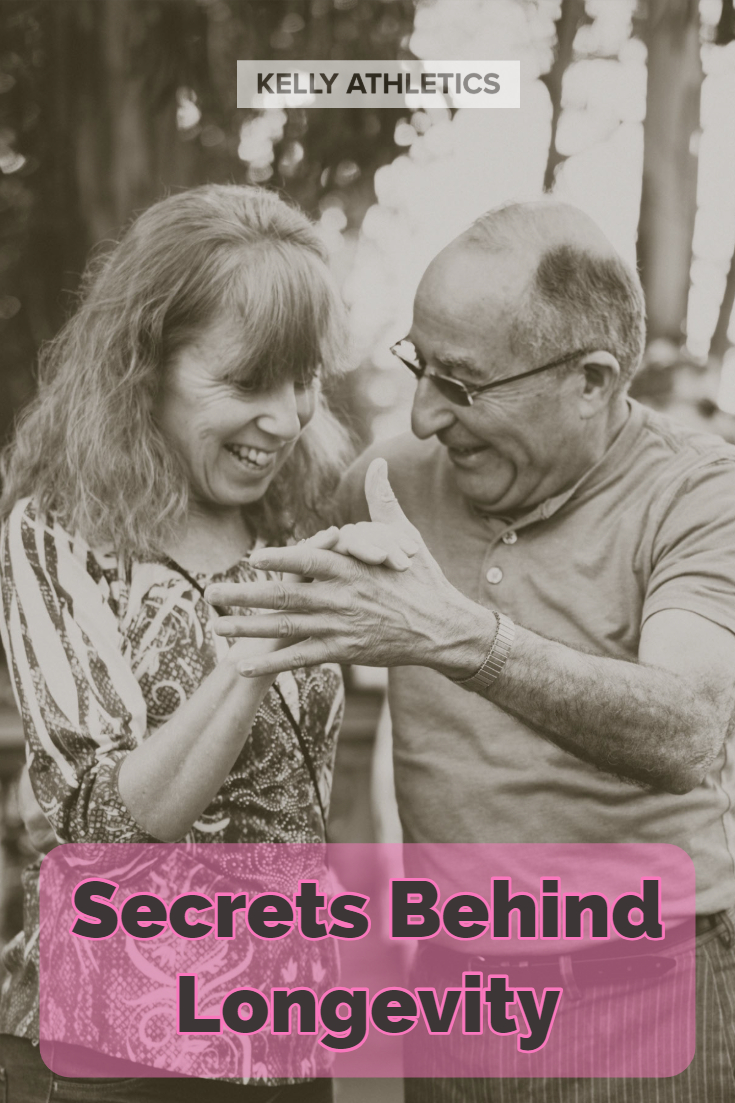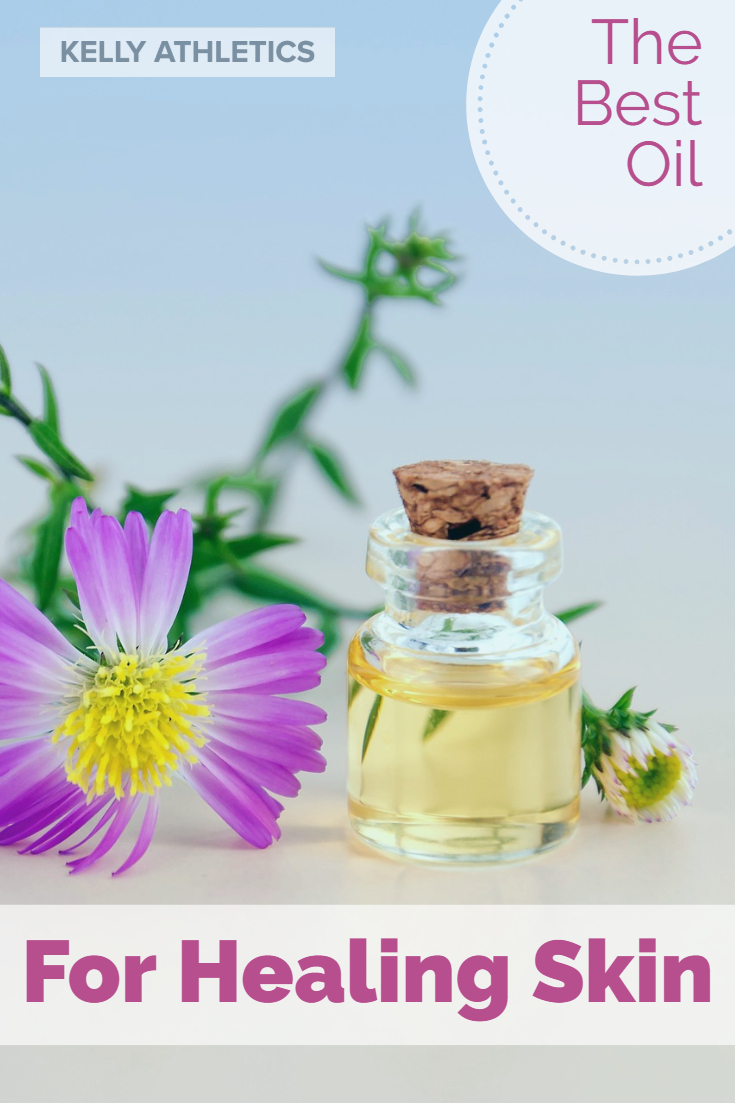
Today, people are living longer. According to the CDC, life expectancy reached a record high of 78.8 years in 2012. In addition, people aged 65 can expect to live about another 19 years. But growing older brings with it a host of health problems such as heart disease, cancer, respiratory illnesses, and more. Read the full list of these increased health concerns at Everyday Health. That should persuade you to take steps to care for your health as soon as possible. Here’s what you can do to improve your physical and mental health right now.
Improving Your Physical Health
At the top of the list is improving your physical health. Even if you are not mobile at this time or experience pain or discomfort, there are some measures you can take to help yourself. Little by little, start these steps with your doctor’s oversight.
● Use your benefits.
It’s no secret that healthcare can be confusing. For that reason, many seniors don’t know or understand what their insurance plan covers. As a result, they don’t use all of their available benefits. If you are one of the 19 million Americans who have a Medicare Advantage plan, you may have added vision, dental, prescription, and fitness benefits that will pay for services not typically covered by basic Medicare plans.
● Get your exercise.
Even if you have limited mobility, work with your doctor to find ways that you can stay active and fit. The National Institute of Health recommends that seniors train with a mix of aerobics, muscle-strengthening exercises (if allowed), and exercises that improve flexibility and mobility, such as low-impact yoga.
● Eat a balanced diet.
Always eat in line with your doctor’s directives, but if he hasn’t given you any guidance, take your own steps to improve your diet. According to Amy Campbell, a registered dietitian and diabetes educator, don’t worry about a fancy fad diet. Instead, eat a nutritionally balanced meal. Avoid processed foods and sugar and limit your outside dining since much of that food is loaded with preservatives or MSG. Begin to eat more fresh produce, fibrous foods, and legumes.
● Drink more water.
The body needs water even more than it needs food. Dehydration is a serious problem that can impact both your physical and mental health. Drinking six to eight glasses a day is often recommended, but if that’s difficult for you, try increasing your water intake little by little. Read these seven health benefits of water from Healthline, many of which may be critical for you.
● Get enough sleep.
Don’t believe the myth that seniors only need a few hours of sleep. The truth is that all adults need at least seven hours of sleep, according to the National Sleep Foundation. While it’s true that sleep patterns do change for the elderly, poor sleep can also be attributed to pain, illness, or psychiatric issues. Talk to your doctor if poor sleep this has become a problem.
Addressing Your Mental Health
Depression is often a concern for elderly people. Common signs include loss of interest in activities that you would normally enjoy, loss of energy, change in appetite, and different sleeping patterns. Exercise can help improve your mental health, but you can add these activities as well:
● Take on a new hobby.
Hobbies can challenge your brain and keep you sharp. A recent study showed that seniors who learned a new skill actually had improved memory performance – and the more challenging the skill, the better the improvement. Now is the perfect time to learn something you’ve meaning to try for years.
● Socialize.
Isolation can be a big challenge for seniors, especially after losing some of their mobility. Become more active in your community and seek out available transportation options for seniors. Find more places that are ideal to help you socialize at HowToBeMoreSocial.net.
● Meditation.
Meditation can help calm your soul, ease your stress, and provide you a way to wind down for bed. Read more benefits of meditation in this article from the Huffington Post.
As a senior, it’s imperative for you to take control of your health to live your best life now! Focus on these steps and activities that improve your physical and mental health and you’ll start enjoying your life again.
For a Nutrition Lesson on Longevity or Cognitive Health, go here. Kelly Gibson is a Holistic Nutritionist and Personal Trainer in Chandler Arizona. She specializes in plant-based nutrition for wellness and weight loss.




